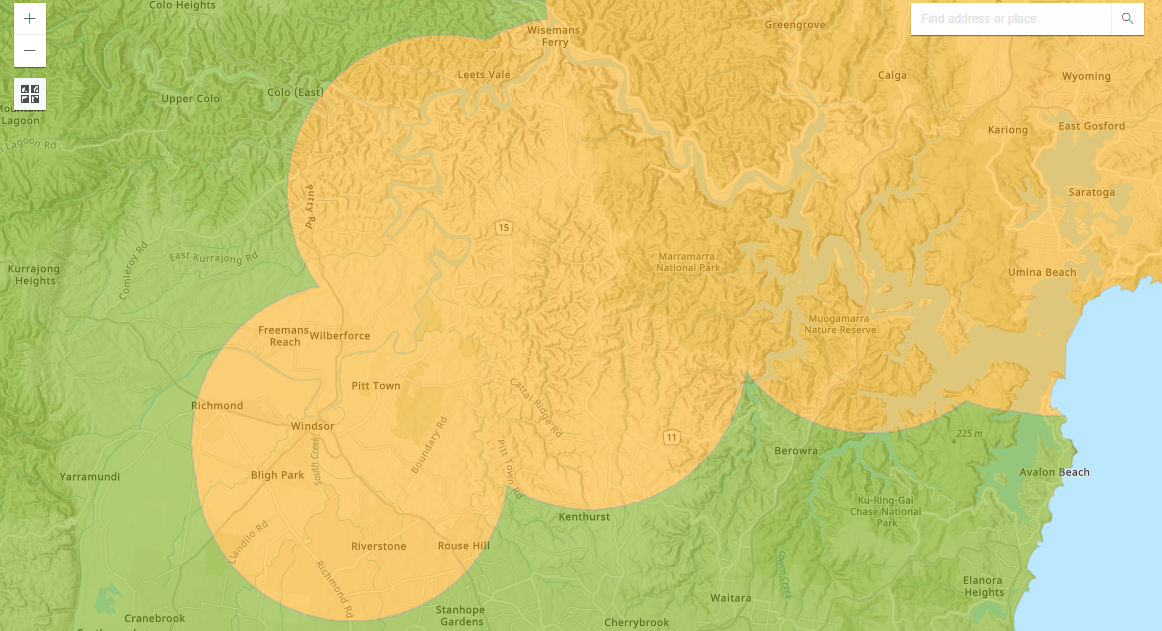Hawkesbury Post contacted all...


Hawkesbury Post contacted all...

In a heartwarming recognition of community...

After more than two decades of dedicated service, the...
The NSW government has ended an eradication program that has damaged the state’s honey and bee sector due to the deadly varroa destructor parasite.
NSW will operate under an interim management strategy, which has been published in a new Emergency Order, while a National Plan for Transition to Management is being developed. More than 40 million bees, or about 10% of commercial and kept bees in NSW have been euthanised during the failed eradication attempt.
“As of September 19, 2023, the National Management Group (NMG), as peak decision body for the national varroa mite emergency response, have reached a decision to shift the focus of the response from eradication to transitioning to management of varroa mite,” the NSW Department of Primary Industry (DPI) said.
“This transition to the new focus will take time and we will continue to update the information on these pages as the plan progresses. We value the sacrifice of every beekeeper and thank everyone for their cooperation during the varroa mite response and this evolving situation.”

Those in the yellow management zone must continue to undertake hive testing every 16 weeks and report the results to NSW DPI within 7 days
The news was met with relief in the industry as the government performed a u-turn for a sharp strategic towards managing the mite, as is done in almost every other country. Australia must now find ways to live with the mite and not inflict too much further damage on the $14 billion honey and honey bee industry.
Federal Member for Macquarie, Susan Templeman, said the unanimous decision taken by the National Management Group (made up of all states, the Commonwealth and 16 industry partners) that eradication of varroa mite is no longer technically feasible and to move from an eradication program to a management approach, will be distressing for many beekeepers.
“There is a wide range of views among the beekeepers I have spoken with in recent months, but all recognise that none of the options is perfect. The common element is a deep distress, whether it’s for the loss of hives or the effect of the mite on their bees,” she said.
NSW will operate under an interim management strategy, which has been published in a new Emergency Order, while a National Plan for Transition to Management is being developed. More than 40 million bees, or about 10% of commercial and kept bees in NSW have been euthanised during the failed eradication attempt.
Ms Templeman said the federal government is working to ensure Australia’s biosecurity system remains strong, after being neglected by the previous government.
“Our role at the federal level will be actioning the 14 recommendations from Joint Interagency Taskforce on Exotic Animal Disease Preparedness and ensure we have the strongest possible biosecurity arrangements possible.”
Consideration of biosecurity preparedness is contributing to other Australian Government initiatives, such as the current review of the Australian Government Crisis Management Framework. Engagement between Department of Agriculture, Fisheries and Forestry, and the National Emergency Management Agency (NEMA) is ongoing to improve interoperability between the biosecurity system and the national emergency management arrangements.
“The Federal Government acknowledges the significant and sustained efforts of the NSW Government and impacted industries over the eradication response phase since June 2022 and the contribution of both government and industry representatives in guiding response activities. We will continue to work closely with the NSW Government to manage this pest and reduce the impact on local producers,” Ms Templeman said.